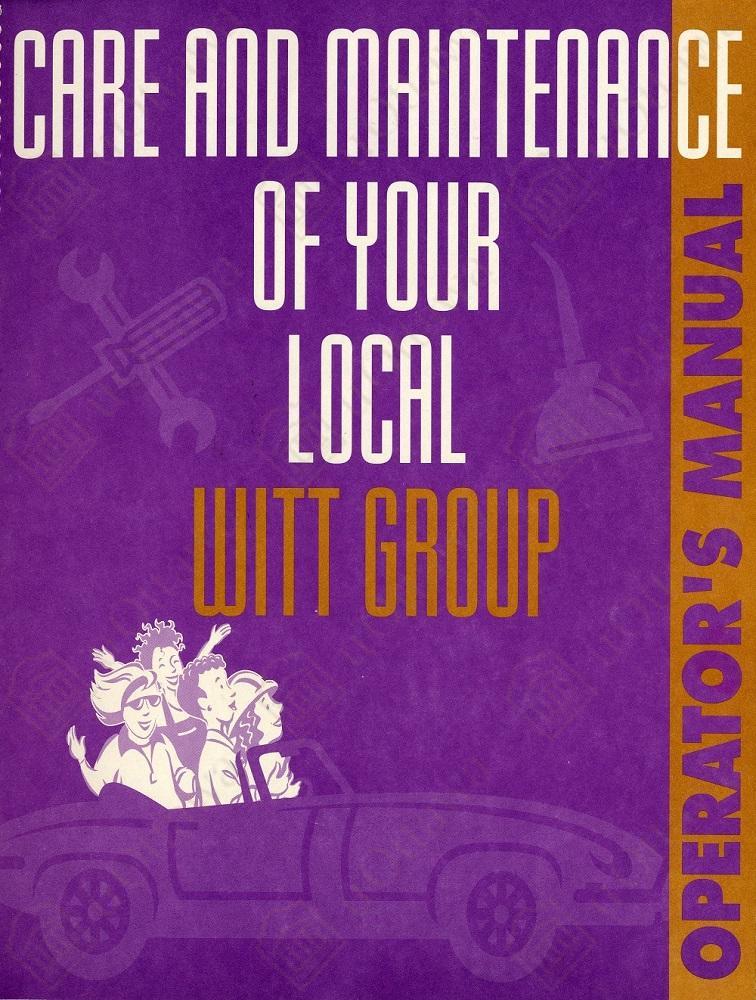
Zone du titre et de la mention de responsabilité
Titre propre
Dénomination générale des documents
Titre parallèle
Compléments du titre
Mentions de responsabilité du titre
Notes du titre
Niveau de description
Cote
Zone de l'édition
Mention d'édition
Mentions de responsabilité relatives à l'édition
Zone des précisions relatives à la catégorie de documents
Mention d'échelle (cartographique)
Mention de projection (cartographique)
Mention des coordonnées (cartographiques)
Mention d'échelle (architecturale)
Juridiction responsable et dénomination (philatélique)
Zone des dates de production
Date(s)
-
1995-2010 (Production)
Zone de description matérielle
Description matérielle
Zone de la collection
Titre propre de la collection
Titres parallèles de la collection
Compléments du titre de la collection
Mention de responsabilité relative à la collection
Numérotation à l'intérieur de la collection
Note sur la collection
Zone de la description archivistique
Nom du producteur
Historique de la conservation
Portée et contenu
Delivery agent and target audience: SaskWITT Regina. Usually delivered at capacity of 30 women per workshop. Continuous waitlist. Dozen of deliveries YWCA, WWTP Training Centre SIAST, Mcab Community Association, U of R continuing Education Centre.
In the mid-nineties, SaskWITT - Regina organized a series of Basic Home Repair Clinics for women in the Regina area for fundraising purposes. The funds were used to pay SaskWITT fee in the Annual Dragon Boat Races and for other social events and activities for local members. In later years, they split the proceeds and the tradeswomen shared 50% for their time. Besides the money, the Basic Home Repair Clinics provided an opportunity for WITT women to meet others, cross-train their shared trades skills and increase the profile of in the local women’s community. Each Clinic cleared over $1200, no small change in the 90’s.
They cut off enrollment at 30 women from the community and set up 16 task stations. Women would work in groups of 3 and rotate every 20 minutes (some stations were 40 or 60 minutes). A tradeswoman would provide a quick overview of the task and tool names and functions. The participants would then proceed to perform each task, asking questions as they went. Needham and Overend provided guidance on instructional skills and over time, I wrote up various guidelines for guest instructors.
Of course, delivery of the clinics had a huge spinoff effect for SaskWITT members– everyone involved bonded for a common cause. Delivering these workshops was a key component in the chemistry that held them together. The success of the clinics didn’t diminish the other very strong elements: their local Dragon Boat team and the myriad opportunities working as role models and instructors for all of the SIAST WITT programs across the province.
The Clinics were initially held on an as-needed basis depending on their need for funds. In later years, they held them twice a year for 4 years at the SaskWITT WWTP training centre. This provided some extra cash as well as reinforced learning for our apprentices. They sporadically held Clinics at the YWCA and at SIAST. In 2012 they adapted these for delivery for a local Community Association and held several clinics in their venue. Following up on publicity for this project, they agreed to run a modified version on occasional weekend for the University of Regina extension program.
A template for delivery of Basic Home Repair Clinics is included in a SaskWITT manual ''Care and Maintenance of Your Local WITT Group'' .This is a short step-by-step guide to be used by local WITT Groups for setting up a one-day basic home repair clinic for women at large. This includes all of the templates for promotion, preparation and delivery of a clinic.
Zone des notes
État de conservation
Source immédiate d'acquisition
Classement
Langue des documents
- anglais
